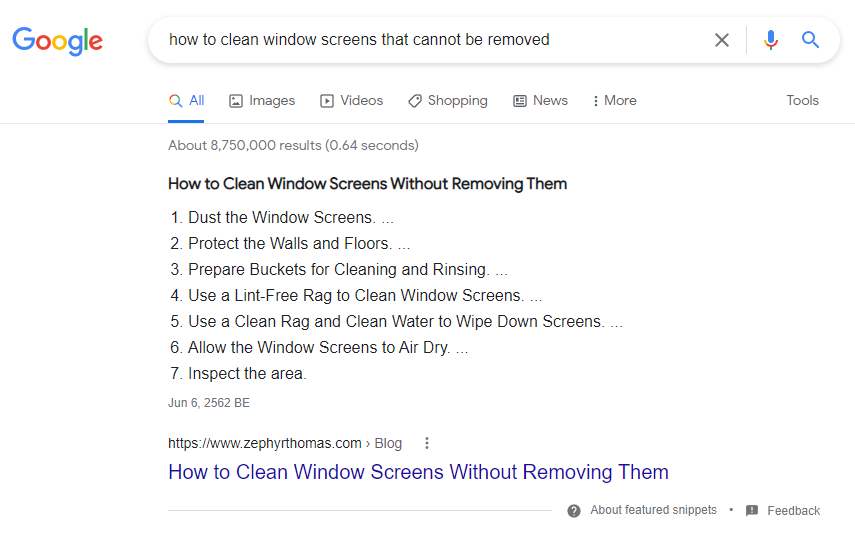
How to Find Thousands of Low Competition Keywords in 30 Seconds
This keyword research method helped me to grow my website to 125k monthly visitors without actively building links.
Here's how I did it 👀👇
#SEO #keywordresearch
This keyword research method helped me to grow my website to 125k monthly visitors without actively building links.
Here's how I did it 👀👇
#SEO #keywordresearch

The most common advice that I see about keyword research is to avoid big fish (high authority competitors) in your niche... and this is a HUGE MISTAKE.
A high authority website will usually rank for millions of keywords.
A high authority website will usually rank for millions of keywords.
But did you know that only 10-15% of their keywords rank in the Top 10 in SERPs?
It means the remaining 85-90% of keywords are fair game, and we will be able to discover many low-competition keywords with this huge database.
It means the remaining 85-90% of keywords are fair game, and we will be able to discover many low-competition keywords with this huge database.
How to Find Thousands of Low Competition Keywords using @Ahrefs
Add a high authority domain in your niche to a dashboard and set the following filters.
Position: 11-100
KD: 0-20
Add a high authority domain in your niche to a dashboard and set the following filters.
Position: 11-100
KD: 0-20

How to Find Thousands of Low Competition Keywords using @Semrush
Add a high authority domain in your niche to a dashboard and set the following filters.
Pos: 11-100
KD: 0-29
Add a high authority domain in your niche to a dashboard and set the following filters.
Pos: 11-100
KD: 0-29

So depending on the tool and the keyword difficulty setting we received up to 1.2M of potentially low-competition keywords to work with.
Crazy, right?
Crazy, right?
Let's say your website or a cluster on your website is about flooring. We'll add an additional filter to include all keywords containing 'flooring'. 



Now that you have a few thousands of relevant low-competition keywords, your goal is to find gaps in SERP and feel them with your high-quality content.
Once your article lands on the first page for a given query in SERP you can use my powerful tactic to outrank even the toughest competitors.
https://twitter.com/RusToffee/status/1560229299134681088
WARNING: Most SEO tools calculate KD (keyword difficulty) based on the strength of incoming backlinks so you shouldn't blindly trust this metric.
Before you create an article on a particular topic, make sure to manually assess SERP to identify who are your competitors and if you stand a chance to rank on the first page of a targeted SERP.
Have you used this method of keyword research and have you had success with it?
• • •
Missing some Tweet in this thread? You can try to
force a refresh





